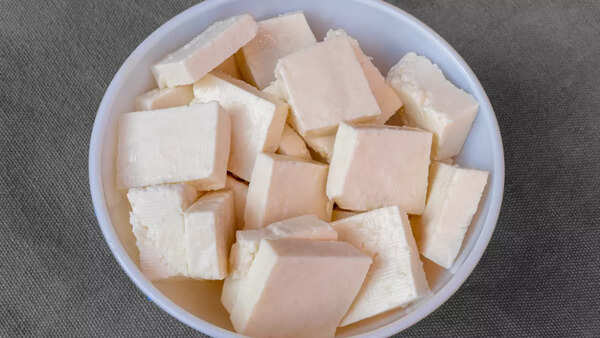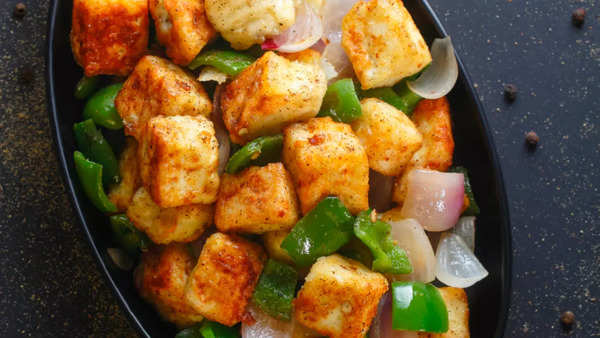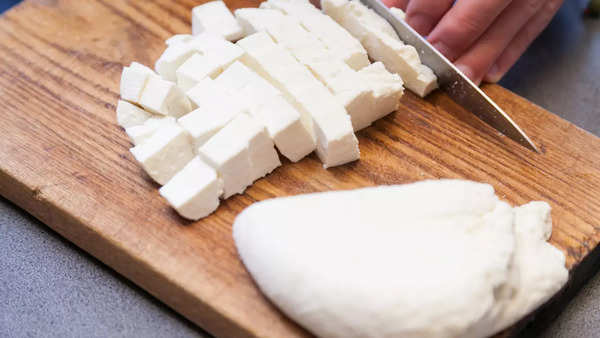Shocking! Only 4 out of 163 paneer samples collected in Karnataka safe for consumption – The Times of India

Paneer is a rich source of protein for vegetarians and is often recommended by nutritionists as a part of a balanced diet. What if the same paneer turns out to be a source of illness and diseases. Yes, you read it right. As per latest report, the Karnataka Department of Food Safety and Public Health has said it has found bacterial presence and the use of non-dairy additives in the unbranded paneer supplied in Bengaluru and across Karnataka.
In a series of inspections, led by Food Safety Commissioner Srinivas K, they focused on detecting harmful additives, bacterial contamination, and violations of food safety standards in dairy products. And during the inspection, 163 paneer samples were collected from across Karnataka, including 17 from Bengaluru.

It has been reported that two of the 17 paneer samples in Bengaluru were deemed unsafe for consumption. And statewide, only 4 of the 163 samples were analysed by March 18, with those found to be free from adulteration. As per the Indian Express report, the remaining samples are still undergoing tests, and more detailed findings are expected in the coming weeks.
How is paneer adulterated?
As per experts, paneer adulteration involves adding cheaper, non-dairy substances to reduce production costs and maximise the profits. The most common adulterants used in making paneer are vegetable oils like palm or soybean, which are mixed with milk to increase fat content, compromising its nutritional value and taste. Starch or flour is also added to thicken the mixture and also skimmed milk powder or low-quality milk solids are often used instead of full-cream milk. Synthetic chemicals like detergents or urea are also added to whiten paneer or enhance its yield, posing serious health risks.
How to identify fake paneer
While the Food Safety and Standards Authority of India (FSSAI) has issued a lot of tests and measures to check adulteration in milk and milk products, there are certain ways in which you can do the quality check of store-bought paneer at home as well. Take a look at the following tips and tricks:

Use your hands
Simply mash some paneer using your clean and bare hands. The adulterated paneer is made with skimmed milk, hence, it cannot handle the pressure of hands and will start falling apart when pressure is applied.
Use iodine tincture.
To test whether the paneer is natural or artificial, one can use iodine tincture. Add water to a pan, place the paneer in it, and bring it to a boil. Let it cool down, then add a few drops of iodine tincture and see if the color changes to blue, which means the paneer is artificial.
Use arhar dal
For this test, boil paneer in some water, and after it cools down, add some tur dal powder and let it rest for 10 minutes. If the color of the paneer changes to light red, it is a sign that the paneer is made with detergent or urea.

Use soybean powder
Boil some paneer in water, let it cool down, and then add some soybean powder to it. If the color of the paneer changes to light red, it is a sign that the paneer is made with detergent or urea.
Taste test
Always take a small bite of paneer before you buy it, especially open counter ones. If it is chewy, it is artificial, and if it tastes very sour, then there are chances that paneer is adulterated with detergent or any other substandard product.
Thumb and Embed Images Courtesy: istock




